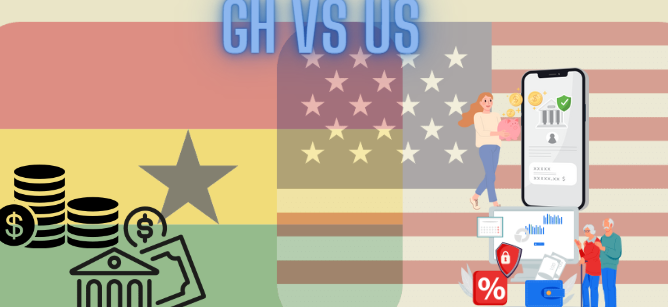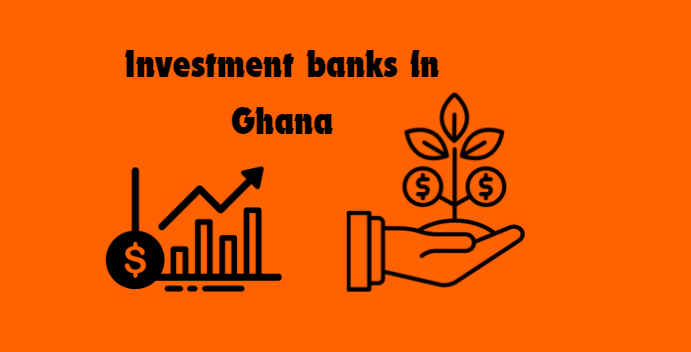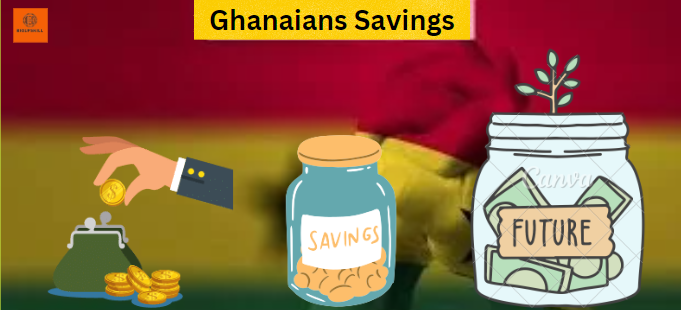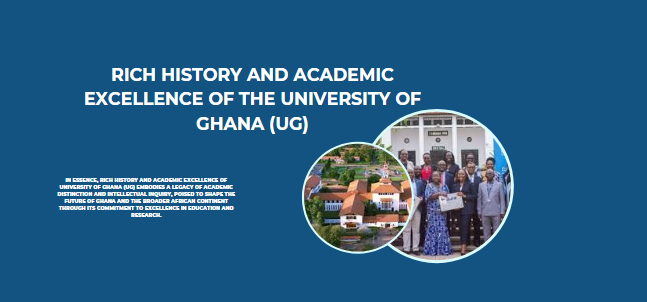
Cultural and Traditional Financial Practices in Ghana vs. the USA
Ghana, a nation rich in cultural diversity and heritage, exhibits distinct financial practices deeply rooted in its traditions. In contrast, the United States stands as a global economic leader with well-established formal financial systems. In this article, the question is are there any specific cultural or traditional financial practices in Ghana that differ from the USA(Ghana vs. the USA).
Informal Financial Systems in Ghana
In Ghana, informal financial systems play a pivotal role in everyday economic activities. These systems, such as susu, tontines, and microfinance institutions, facilitate savings and credit within local communities. They often offer lower interest rates and more accessible financial services compared to formal banking institutions. In contrast, the USA relies predominantly on formalized financial structures, including banks and credit unions, for savings and credit needs.

Susu: A Rotating Savings and Credit Association
Susu represents a traditional informal savings practice widely embraced across various ethnic groups in Ghana. Participants contribute fixed amounts regularly to a common pool managed by a susu collector. Each contributor subsequently receives the total pooled amount in rotation, enabling access to lump sums for significant expenses like business ventures, education, or healthcare. This communal approach to savings contrasts sharply with the more individualistic saving methods typically seen in the USA’s formal banking sector.
Cultural Attitudes Towards Saving and Borrowing
Ghanaian culture emphasizes communal support and mutual aid, influencing financial behaviors such as saving and borrowing within close-knit community networks. This cultural inclination is evident in the widespread participation in informal financial systems like susu and tontines. In contrast, American culture promotes individualism, leading to a greater reliance on personal savings and formal financial institutions for loans and credit.
Tontines: Investment Clubs with Cultural Significance
Tontines represent another significant form of traditional informal financing in Ghana. These investment clubs involve members contributing equal amounts to a common fund managed by designated leaders. Unlike susu, tontines do not entail rotating payouts; instead, participants receive periodic payments proportional to their contributions until the fund is depleted. This practice contrasts with American financial norms, which favor individual retirement plans such as 401(k)s and IRAs over collective investment schemes.
Remittances: Economic Lifelines in Ghanaian Society
Remittances play a vital role in Ghana’s economic landscape, serving as crucial financial inflows from Ghanaians living abroad to their families back home. In 2019 alone, Ghana received approximately $3.6 billion in remittances, amounting to about 3% of its GDP (World Bank data). These funds support various essential expenditures, including education, healthcare, and entrepreneurial ventures, thereby contributing significantly to local economic development and social welfare. In contrast, while remittances are essential to many American families with overseas ties, they constitute a smaller fraction of the US GDP due to the nation’s robust domestic economy.
Bottom lines
This article describes exactly the Cultural and Traditional Financial Practices in Ghana vs. the USA, The financial practices in Ghana reflect a blend of cultural heritage and practical economic necessity, characterized by informal systems like susu, tontines, and reliance on remittances. These practices foster community solidarity and provide accessible financial solutions tailored to local needs. In contrast, the USA’s financial landscape revolves around formalized structures, emphasizing individual financial planning and investment strategies. Understanding these cultural and traditional financial practices not only enriches our appreciation of global economic diversity but also underscores the importance of context-specific financial solutions in fostering economic resilience and community well-being. As both nations navigate evolving economic landscapes, these insights into their financial cultures offer valuable lessons in adaptability and inclusivity within global financial systems.








